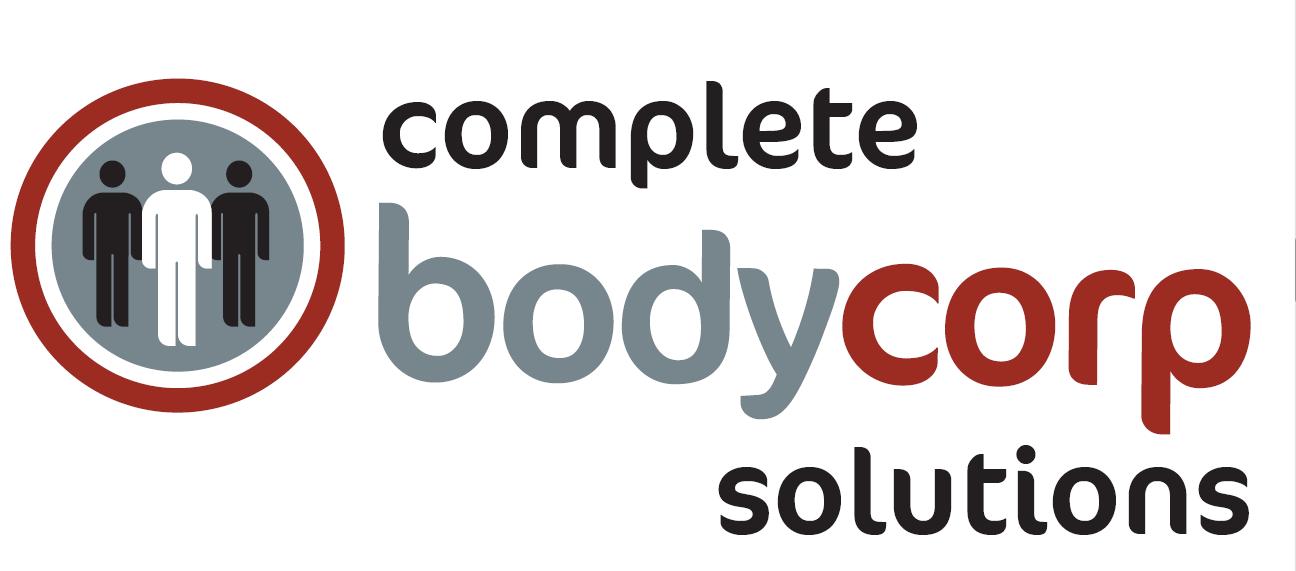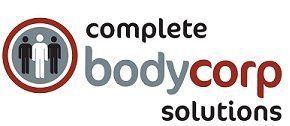Body Corporate Terminology
At CBCS, we understand that navigating the world of body corporates can be overwhelming with the abundance of technical terms to learn. That's why we've created this handy resource to demystify the common terminology you'll encounter, ensuring that your journey is guided by clarity and confidence.
Body Corporate
A body corporate is a collective entity made up of all the unit owners in a unit title development. If you are the owner of a unit, you’ll be a member of your body corporate, as will your fellow unit owners.
Accessory Unit
A unit that is attached to one or more of the principal units. The accessory unit is intended to be used for a different purpose (but to complement) the principal or main unit. For instance, this could be a carpark, storage locker or swimming pool.
Annual General Meetings (AGM)
An AGM must be held once every calendar year, and no later than 15 months after the previous AGM. The following matters are some examples of what may be discussed at the AGM:
• Financial statements
• Maintenance of the common property
• Insurance
• Budgets
• Long term maintenance plan
• Election of Chairperson and Committee
• Building manager report
The Chairperson must call the AGM in accordance with the UTA 2010 Regulations.
Annual Levies
The money that each unit owner is required to pay every year. The fees enables the body corporate to fulfil its commitments to the unit title development. For example, the levy might cover maintenance, insurance and utility charges for common services or common areas. The levy is based upon an approved budget and is raised by either ownership or utility interest.
Ownership Interest
This is the percentage used to calculate and raise funds for items such as the capital improvement fund. The interest amount is set when the property is developed. It is determined based upon the value of individual units, proportional to the other units in the same development.
Utility Interest
Utility Interest is the figure is used to raise other operating costs including any long-term maintenance fund or a contingency fund. In most complexes the Owner Interest and Utility Interest are the same.
Body Corporate Operational Rules
The body corporate operational rules help the body corporate govern the unit title development. All unit owners, occupiers, tenants and the body corporate must follow the body corporate operational rules that apply to their development. The rules include things such as car parking, noise and rubbish collection etc.
Budget
An estimate of the costs that the body corporate will incur in the coming financial year, which is considered and approved by owners at a General Meeting. Once a budget is approved, it becomes the basis of the levies that you pay. The total payable in respect of each unit is calculated by applying the unit’s entitlement to the total of each item in the budget.
Contingency Fund
The body corporate may establish and maintain one or more contingency funds to provide for unbudgeted expenditure.
Committee
The committee is made up of owners who are elected at a general meeting. As part of their role they govern the body corporate according to the set body corporate rules. The committee has the power to make most decisions on behalf of the body corporate via general meetings. The committee also liaises with the Body Corporate Manager.
Common Property
The parts of the unit title development that are owned collectively by all of the unit owners. Examples include shared driveways, lifts, shared barbeque areas or a swimming pool. Every unit owner is responsible for the care and maintenance of common property.
Disclosure Requirements
In accordance with the Unit Titles Act 2010, if you are selling your unit you are required to supply disclosure statements to the purchaser. Disclosure statements provide purchasers with information relevant to the complex so that they are fully informed before they purchase. There are three types of disclosure statements to provide potential unit title buyers with access to information to help make their decision.
1. Pre-Contract Disclosure Statement, which the seller provides to any potential purchaser before entering into an agreement for sale and purchase
2. Pre-Settlement Disclosure Statement, which the seller provides the purchaser after entering into an agreement for sale and purchase but before settlement of the sale
3. Additional Disclosure Statement, which the purchaser may request from the vendor at the purchaser’s cost
It is compulsory for a vendor to provide both the Pre-Contract Disclosure Statement and Pre-Settlement Disclosure Statement.
Extraordinary General Meeting (EGM)
An EGM, is any General Meeting of the body corporate other than the Annual General Meeting. A body corporate can hold an EGM at any time throughout the year to consider any matter relating to the unit title development. For example, the body corporate chairperson or committee may need to hold an EGM to get agreement from the body corporate to undertake some additional repairs.
Long Term Maintenance Plan
Money that is set aside in a fund by the body corporate to pay for future planned maintenance of the unit title development.
Long Term Maintenance Fund (LTMF)
The body corporate must establish and maintain a long-term maintenance fund, unless the body corporate decides not to by special resolution. This fund can only be used for expenditure that relates to the long-term maintenance plan. The body corporate must approve any spending on a single maintenance item if the spending exceeds the budgeted amount in the long-term maintenance plan by more than 10%. The funds cannot be used for unexpected general maintenance matters. A body corporate can opt out of having a fund if agreed and passed by a special resolution, however it is compulsory to have a Long Term Maintenance Plan.
Private Property
Private property is property which belongs to an individual unit and is the responsibility of the owner to maintain, unlike common property which is the responsibility of the body corporate.
Proxy
A proxy is a designated person who stands in to represent an eligible voter at a meeting, when that person cannot attend.
Quorum
A quorum, which is 25% of owners, is the percentage of owners that must be present or represented at a General Meeting of the body corporate to allow it to conduct business.
Special Levy
Money raised by the body corporate for a special purpose, which is separate to the annual levy fund. For example, to cover a remediation project.
Special Resolution
When the body corporate makes a decision which could have significant consequences for the unit owners (such as selling part of the common property), a special resolution is needed. For a special resolution to pass, 75% of those present who are entitled to vote, must vote in favour of the motion.
Trust Account
An account which holds money from the body corporate members, and is separate from all other money.
Unit Titles Act 2010
The current legislation that governs body corporates. It came into force on 20 June 2011. Read the Unit Titles Act 2010.
Unit Titles Regulations 2011
The regulations that support the Unit Titles Act 2010. Read the Unit Titles Regulations 2011.
Unit Plan
The plan showing the lot, principal units, accessory units, common property, and unit entitlements. The unit plan determines what is common property and what is private. The Unit Plan is filed at Land Information New Zealand.



